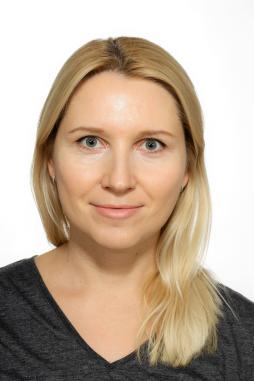You are cordially invited to attend the next CEGE4ALL: Markets & Policy Seminar by Irina Mateus, on “Testing Persistence in Mutual Fund Winners”.
Venue: Católica Porto Business School, Paradise Building, Room EP002
Date: 17 October
Time: 11:30 a.m. - 12:30 p.m.
Format: hybrid (online or in-person)
Please register here by October 16th
In the ever-evolving world of finance, selecting mutual funds that consistently outperform the market is a challenge that both investors and fund managers grapple with. Mutual funds provide diversification and professional management, yet their ability to deliver persistent above-average returns is debated. Traditional models like Fama-French and Carhart often reveal that most actively managed equity funds fail to outperform benchmarks after fees, with limited evidence of performance persistence. These models face criticism for biased factor construction, particularly the overweighting of value and small-cap stocks, which distorts alpha as a measure of managerial skill. Recent research by Mateus et al. (2025) introduces the MMT model, a novel framework that eliminates the bias of passive benchmark alphas (as measures of excess performance) and enhances the Carhart model further by incorporating relative peer performance in the analysis. This paper aims to extend the practical application of the MMT model and to examine the consistency of unbiased persistence in mutual fund performance using a sample of 785 large-cap growth US active equity funds for the period January 1990 to December 2018. The results show that winners identified by the MMT model consistently outperform the benchmark and the peer group for each of the 36 following months. From an investor's perspective, we analysed the performance of portfolios comprising all winners and the top 5 and top 10 funds-of-funds. The strongest performance is documented for the portfolios of the top 5 winners rebalanced on a 6-month basis, achieving an annual return of 18 percent and a Sharpe ratio of 0.88. The same pattern holds for rebalancing periods of 12 and 24 months. The outperformance of MMT winners persists during periods of crisis, e.g., the Dot-com Bubble and Global Financial Crisis.

Irina B. Mateus is an Associate Professor of Finance. She joined Aalborg University in 2019. Her research interests include corporate finance (cash holdings, capital structure), board diversity, and asset management (mutual funds’ performance and style investments). Her research has been published in international peer-reviewed journals such as the European Journal of Finance, the Journal of Asset Management, the Quarterly Review of Economics and Finance, the International Review of Financial Analysis, and Applied Economics, among others.




